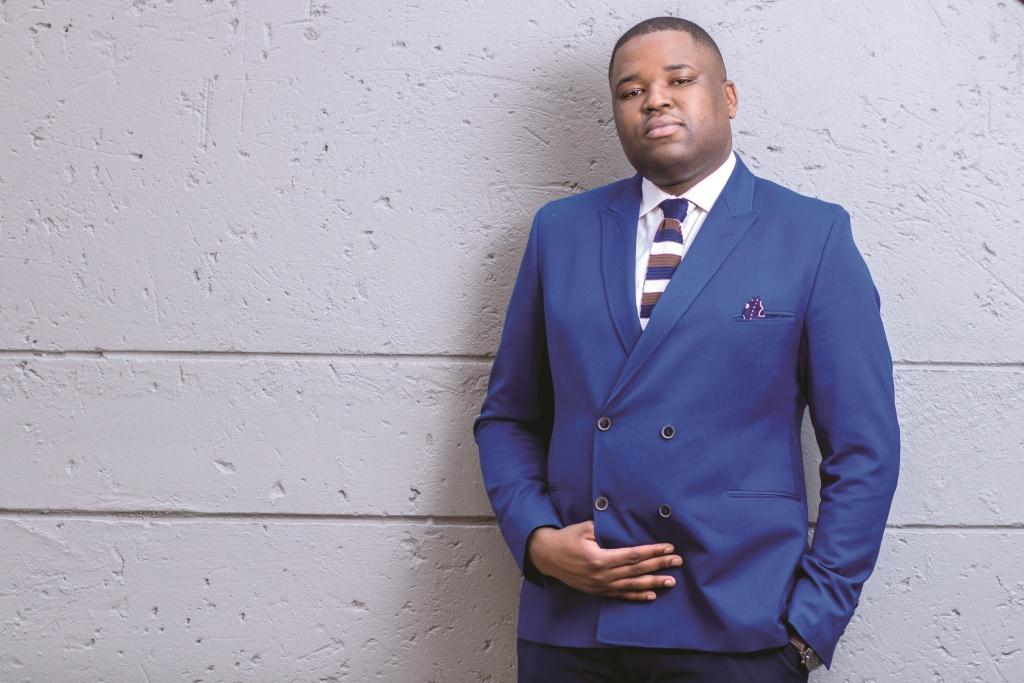According to the IPSOS Affluent Africa Survey Africa in 2016, this year FORBES AFRICA reached a monthly readership of 163,000 or 4.7% of the affluent in Africa, between the ages of 25 and 64. But, it is with young entrepreneurs, between the ages of 30 and 34, that the magazine strikes a chord, with 21%.
One of Africa’s youngest entrepreneurs, Emeka Akano, CEO and Co-founder of Jara Mobile Ltd, returned from England to Nigeria – his land of birth – to build his own businesses. Akano was on FORBES AFRICA’s 30 under 30 list last year.
“Ever since I started reading the magazine, I’ve been better informed about prospects in different industries and the wonderful work that my fellow entrepreneurs are doing in Africa. It has also opened my eyes to a world of possibilities and creative ideas,” he says.
Akano finds the lists inside the magazine inspiring and motivational.
“Seeing people who make it to the lists from different walks of life and background is encouraging,” he says.
The 2014 FORBES 30 under 30 list caught his eye. Little did he know, a year later, he’d be on it. Since featuring on the list, founder of EBonoko Holdings, in Johannesburg, South Africa, Emmanuel Bonoko, says the magazine helps him keep an eye on other entrepreneurs who are breaking boundaries in their industries.
He says FORBES AFRICA has changed his life and business.
“We got more business opportunities across South Africa and our business network has been expanding across Africa. Through the profiling, we got more companies having interest to work with us. I have been meeting the ministers and other influential business leaders in South Africa,” he says.
Reitumetse Shebe, a 22-year-old reader from Vaal, in Gauteng, South Africa, highlights three stories that stood out for her – ‘Power Of The Hashtag’, from FORBES AFRICA’s March 2016 edition, as well as ‘It Was Like Playing Twister Underground’ and ‘The Children Who Became Women Too Soon’, both from the October/November 2015 edition of FORBES WOMAN AFRICA.
“These stories captivated me and they were well crafted. The story of the children, who became women to soon, was shocking but it changed by perception about Nigeria and broadened my knowledge. Its picture on its own told a story,” she says.
Shebe hopes FORBES AFRICA will mesmerize its readers with more cutting-edge stories in the next five years.
“I’d love to read more about the truths, beauties and hidden traditions of Africa. Keep making us proud FORBES AFRICA!”
